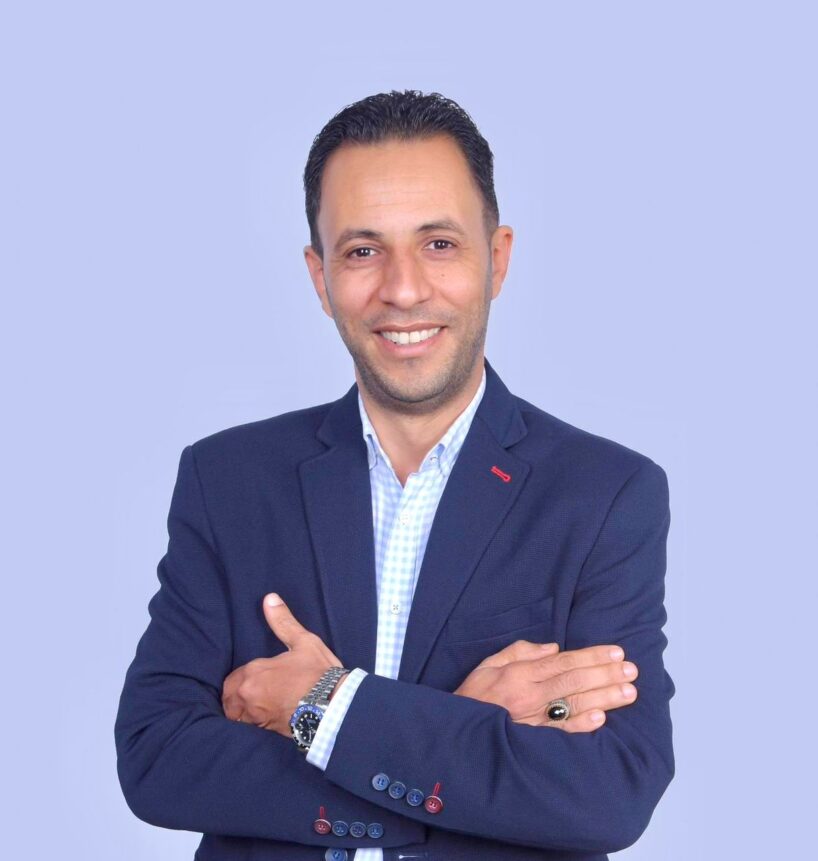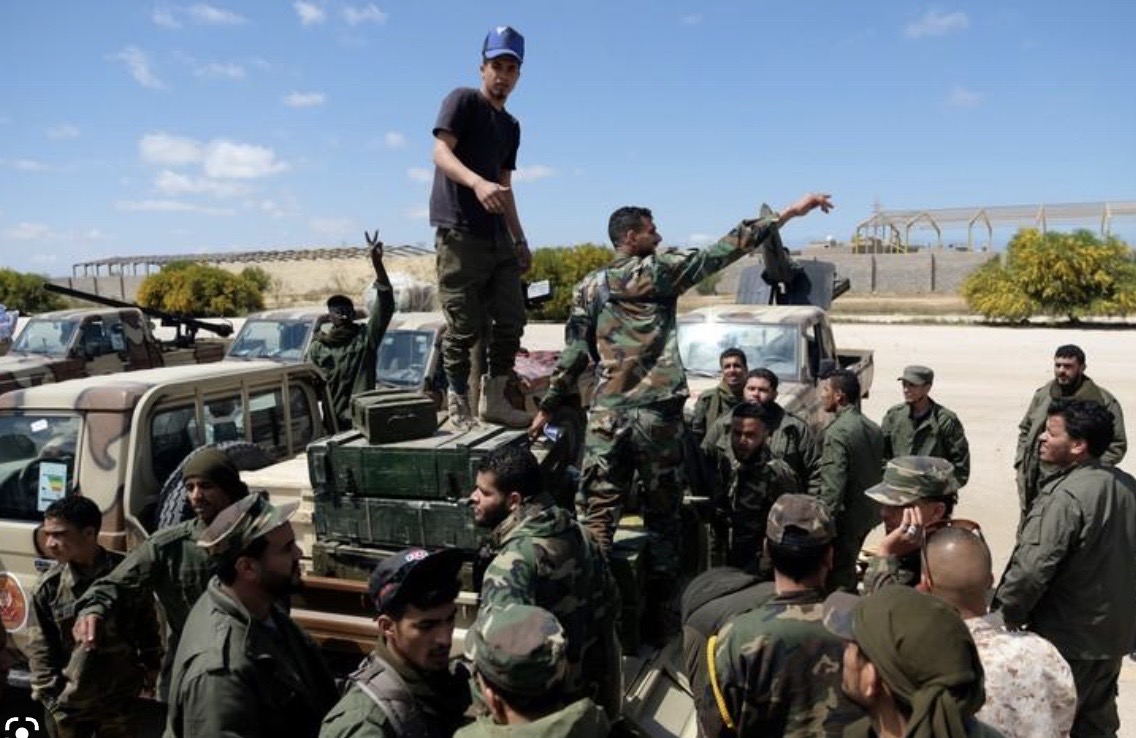(of Op-Ed by Talal Oheda) Libya seems to be making a lot of progress towards stability, but if we analyze the situation on the ground, beyond the political slogans, we realize that the situation has never been so grim. It is clear to all that the current institutional actors are actively obstructing the electoral process, more than a year after the postponement of the national elections and almost eight since the signing of the Libyan Political Agreement (LPA). Further extension of the transition period will make Libya even more vulnerable to political and economic issues, instability and security. The head of the Government of National Unity (GNU), Abdel Hamid Al-Dabaiba, after having lost consensus in the field for the agreements reached at an international level, not least the delivery of Abu Ajila Al-Marimi to the United States for its suspected involvement in the Lockerbie case, after reneging on his promises not to run in the elections, has financed countless armed groups in western Libya with the sole aim of staying in power.
Subscribe to the PRP Channel newsletter!
The special deterrent force (ADVICE) and the stability support apparatus (SSA) have significantly increased their power, while the situation west of Tripoli remains totally out of state control.
Fighting between armed groups a Zawiya, last February 5, trapped dozens of families for several hours, with at least two civilians killed. Intermittent clashes have been reported since 25 September when three more civilians were killed including a 10-year-old girl.
The refinery of Zawiya and the complex of Mellitah the frequent interruptions of production continue, fueling the protests of the population. Not to mention human trafficking, a scourge that has been plaguing our western cities since sarata a Garabulli. This is because the current administrations have failed to achieve true reconciliation between the heterogeneous factions, indeed, the funds made available to some armed groups have fueled the violence. All this took place while several heads of state and government traveled to Tripoli to sign memoranda considered by many to be illegal.
Rich in oil resources, Libya is still divided between two parallel administrations. On the one hand, the
Tripoli-based Government of National Unity (GNU) led by Abdel Hamid Al-Dabaibaon the other hand, the
government recognized by parliament, the House of Representatives (HoR), led by Fathi Bashagha, which was not received by US, British or German officials during their recent visits.
The climate of instability in the western region benefits many player Libyans. Above all Misurata,
hometown of the two prime ministers, which fears a rise of Zawiya. Furthermore, Dabaiba prefer
maintain the current chaos for two reasons. A precarious security situation is a good pretext for not favoring free political elections, secondly, the fragmentation of Western armed groups allows the premier to maintain power by relying on the militias of Tripoli and Misrata to which he pays billions of dinars. Never mind if all this hinders the efforts of the Joint Military Committee (JMC 5 + 5) towards the unification of the armed forces. The fact that Dabaiba leverage the current chaos is demonstrated by the fact that he has prevented a Sheban Hadiya (Aka Abu Obeida al-Zawi), a key figure of armed and revolutionary groups in Zawiya, to return to his city.
Growing social pressures, including sit-ins in the transport and health sectors as well as demonstrations by oil workers in Jalu and Zuwara, show the inability of the current administrations to find lasting solutions for the benefit of the citizens, not to mention a possible return of radical Islamists to politics.
Last April, Abdulhakim Belhaj, a former Islamist fighter, returned to Libya after years of self-imposed exile in Qatar. Belhaj he arrived in Tripoli and was greeted by a host of military convoys who accompanied him and escorted him home. At the same time, his friend, the religious Ali Sallabi, organized a forum in Istanbul on January 4 in an attempt to gain new political legitimacy through unexpected alliances.
On January 28, the Italian prime minister Giorgia Meloni held talks in Libya with Libyan officials
Government of National Unity (GNU), focused on energy and migration, central issues for the European Union.
The visit follows that of the head of the CIA William Burnsa Tripoli and Benghazi in mid-January, followed soon after by the head of MIT, Hakan Fida, head of Turkish intelligence. Foreign actors should stop legitimizing unelected and expired political bodies in Libya. The situation calls for a state re-legitimization given by the consent of the people. The Libyan people demand legitimate institutions capable of providing for their basic needs. Political bodies must be established on the basis of genuine popular will. In this process, the conduct of legislative and presidential elections are crucial and there is an urgent need to finalize the basic constitution to allow all parties, which they believe to represent the Libyan people, to run for president and parliamentary elections.

